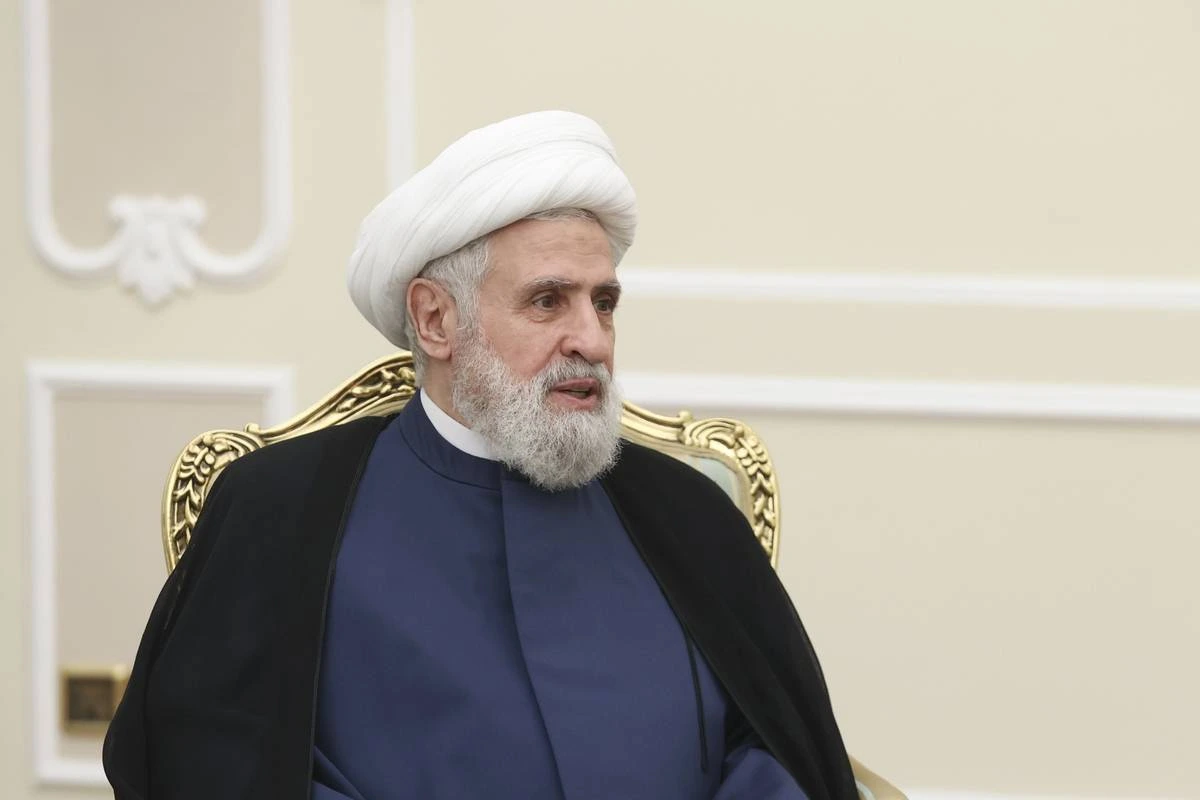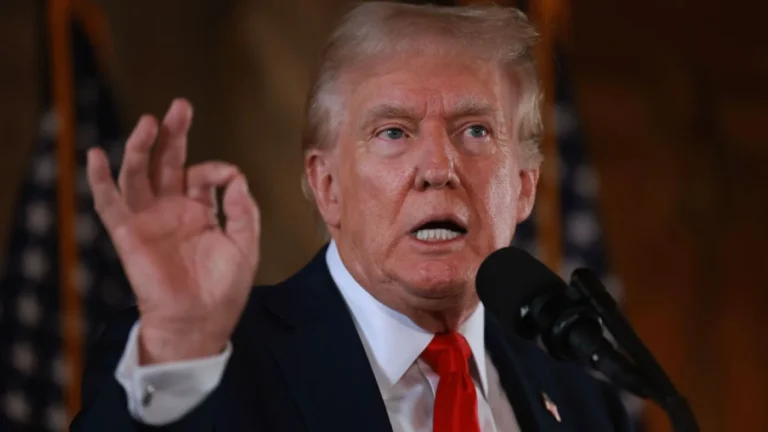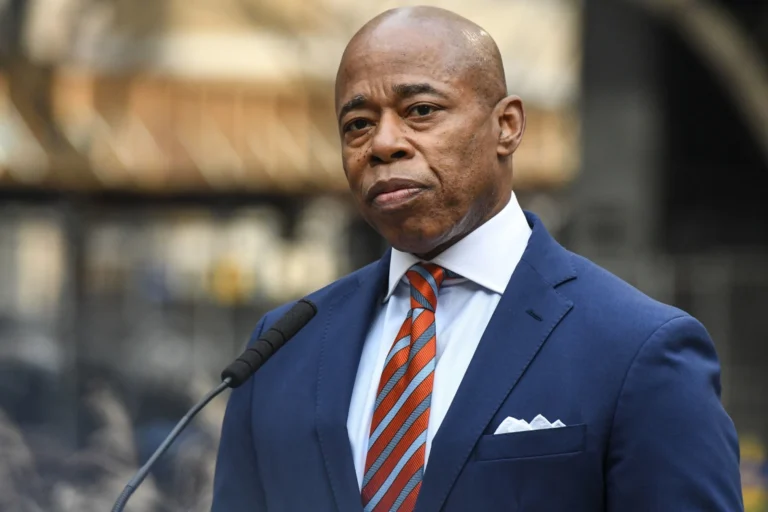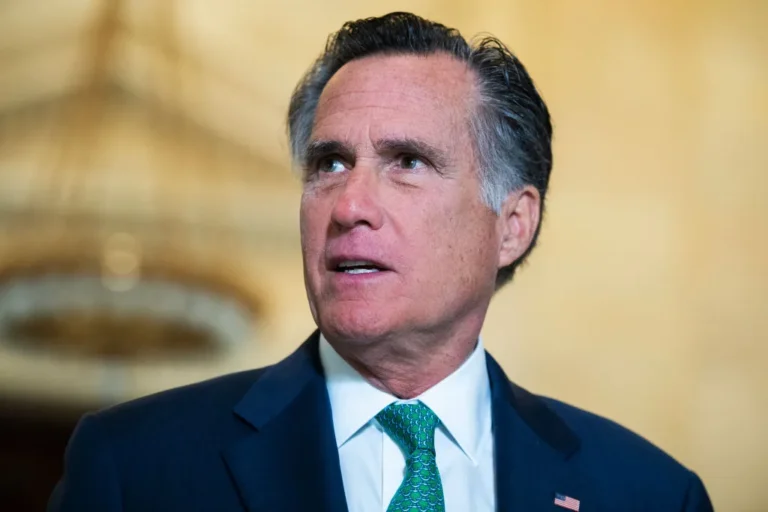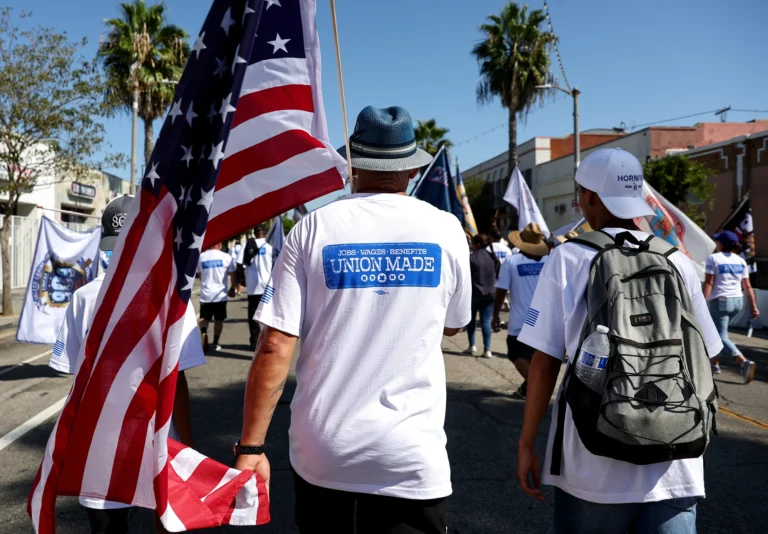Sheikh Naim Qassem: A Pillar of Hezbollah’s Leadership,Born in 1953 in Beirut, Sheikh Naim Qassem emerged from a family hailing from Lebanon’s southern region, a backdrop that would influence his political trajectory. His early political activism was rooted in the Lebanese Shi’ite Amal Movement, a significant political party representing the Shiite community in Lebanon. Qassem’s commitment to Shiite political causes would later lead him to become a pivotal figure in Hezbollah, the Iran-backed armed group where he has served as deputy secretary general for over three decades.
Recently, Qassem was elected as the head of Hezbollah, a role that further solidifies his influence within the organization. In a televised address on October 8, he articulated the ongoing conflict between Hezbollah and Israel, framing it as a psychological battle of resilience, asserting that “it is a war about who cries first,” and emphasized that Hezbollah would not yield to pressure. Despite acknowledging the “painful blows” inflicted by Israel, he claimed that the group’s military capabilities remain intact.
In a notable shift in rhetoric, Qassem expressed support for the efforts of Parliament Speaker Nabih Berri—a key ally of Hezbollah—aimed at securing a ceasefire. This marked a significant moment in Hezbollah’s communication strategy, as it was the first time Qassem refrained from linking a ceasefire to a truce deal regarding Gaza, indicating a potential for diplomatic engagement amid the ongoing hostilities.
His address came shortly after a period of heightened tensions, including an Israeli airstrike that reportedly targeted senior Hezbollah figure Hashem Safieddine. Just days earlier, the organization mourned the loss of its long-standing secretary general, Sayyed Hassan Nasrallah, who was killed in an Israeli airstrike on September 27. Qassem’s address was especially significant as it was the first instance of a top Hezbollah leader speaking publicly following Nasrallah’s death, underscoring the leadership transition within the group.
In a preceding speech on September 30, Qassem reassured supporters that Hezbollah would swiftly select a successor to Nasrallah, emphasizing the group’s unwavering commitment to combatting Israel and standing in solidarity with the Palestinian cause. “What we are doing is the bare minimum… We know that the battle may be long,” he articulated, reinforcing Hezbollah’s resolve in the face of adversity.
Qassem’s journey in Hezbollah began in 1982 amidst the backdrop of the Israeli invasion of Lebanon. He played an instrumental role in the formation of Hezbollah, which was established with the backing of Iran’s Revolutionary Guards as a response to the Israeli aggression. His political ideology was notably influenced by the Islamic Revolution in Iran, which prompted many Lebanese Shiite activists, including Qassem, to realign their political affiliations.
Over the years, Qassem has taken on various leadership roles within Hezbollah. Since 1992, he has served as the general coordinator of the group’s parliamentary election campaigns, demonstrating his strategic acumen in navigating Lebanon’s complex political landscape. In 2005, he authored a history of Hezbollah, providing a rare insider’s perspective on the organization and its evolution over the years.
In terms of his personal presentation, Qassem is often seen wearing a white turban, which sets him apart from Nasrallah and Safieddine, who don black turbans that signify their lineage as descendants of the Prophet Muhammad. This distinction highlights not only his unique position within Hezbollah but also reflects broader cultural and religious elements within the Shiite community.
As Hezbollah continues to grapple with the challenges posed by Israel and the broader regional dynamics, Sheikh Naim Qassem’s role as a leading figure in the organization remains crucial. His ability to navigate the complexities of political and military strategy while maintaining the group’s ideological commitments will be pivotal in shaping Hezbollah’s future direction.
